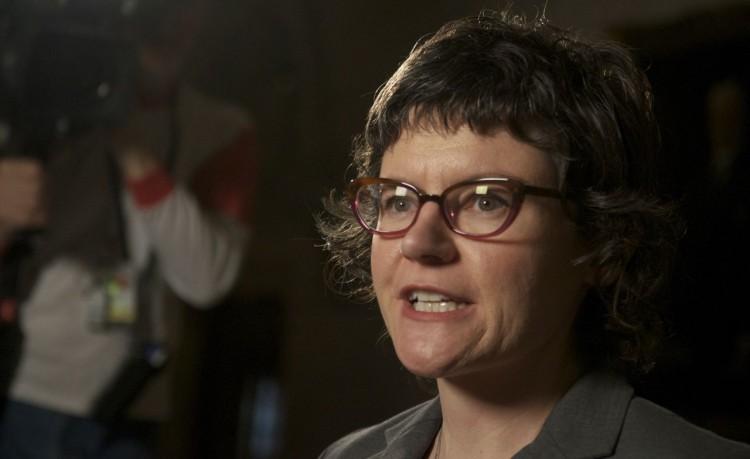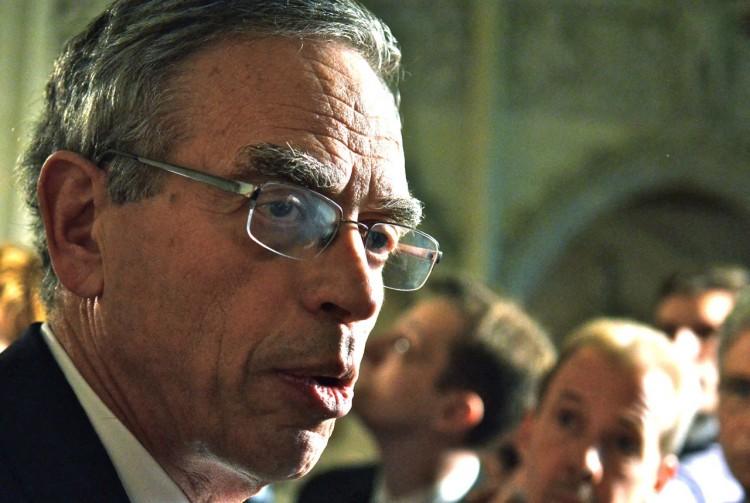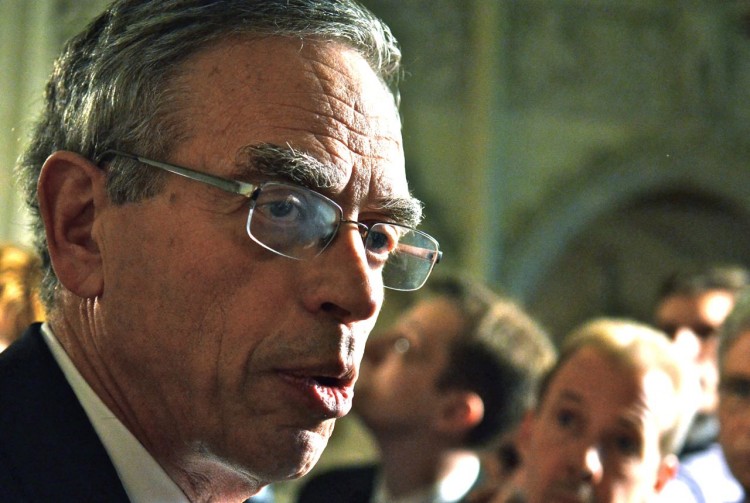Natural Resources Minister Joe Oliver says Canada needs to overhaul the rules for approving major resource projects—now.
“We must diversify our energy markets away from our single reliance on the United States, and access those new fast-growing economic regions that need our resources,” Oliver told reporters Tuesday.
And while Canada is not immune to the “economic storms that are buffeting other parts of the world,” we are hindered by a regulatory process that can delay projects several years. He said the systems were designed to ensure projects were environmentally sound, but have strayed beyond that.
“Unfortunately, the system seems to have lost sight, over the past few years, of this balance between careful review and practical action. The old system is broken and it is time to rebuild it.”
Oliver said it was an urgent matter that the government intended to address immediately.
After plugging Canada’s position as a global energy super power, Oliver said the oil sands need to be developed in an environmental and socially responsible way.
And while reviews for those projects are important, he said they must be done more quickly.
“Our resources are of little benefit if our regulatory environment acts as a deterrent to their development.”
With opposition in the U.S. halting approval for the Keystone XL pipeline to Texas, the government is looking to export oil sands crude to Asia via the Northern Gateway pipeline from a plant near Edmonton, Alberta, to Kitimat, a small British Columbia port town.
A review of that project began yesterday and is expected to last two years. Some 4,000 parties want to testify during the proceedings.
But Oliver said he was not referring to the Northern Gateway project specifically because it is already under regulatory review. He said his comments were referring to the overall need for market diversification and an improved regulatory system.
Oliver took heat from environmental groups after he issued an open letter on Monday saying environmental and other “radical” groups aim to block resource development “no matter what the cost to Canadian families in lost jobs and economic growth.”
“These groups threaten to hijack our regulatory system to achieve their radical ideological agenda. They seek to exploit any loophole they can find, stacking public hearings with bodies to ensure that delays kill good projects.”
Oliver said these groups use foreign funding and resort to American-style lawsuits to delay projects until they become economically unviable.
He pointed to the nine-year review of the Mackenzie Valley Gas Pipeline as a case in point.
Critics Lash Out
Oliver has since faced fierce criticism for the comments. Greenpeace Canada fired back that Enbridge pipelines spilled oil 610 times between 1999 and 2008, and is now trying to build the Northern Gateway pipeline on unceded indigenous territory.
Other environmental and aboriginal groups have also lined up to lambaste the project, as have naturalists in affected areas.
Green Party leader Elizabeth May described Oliver’s letter as a “hyperbolic rant.”







